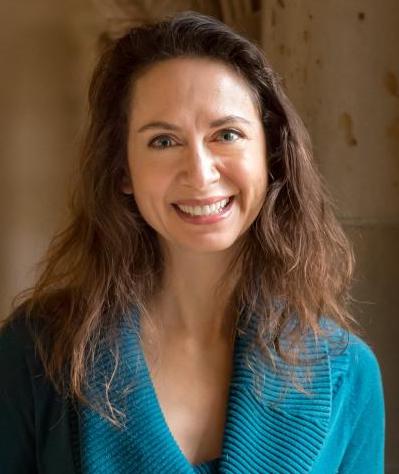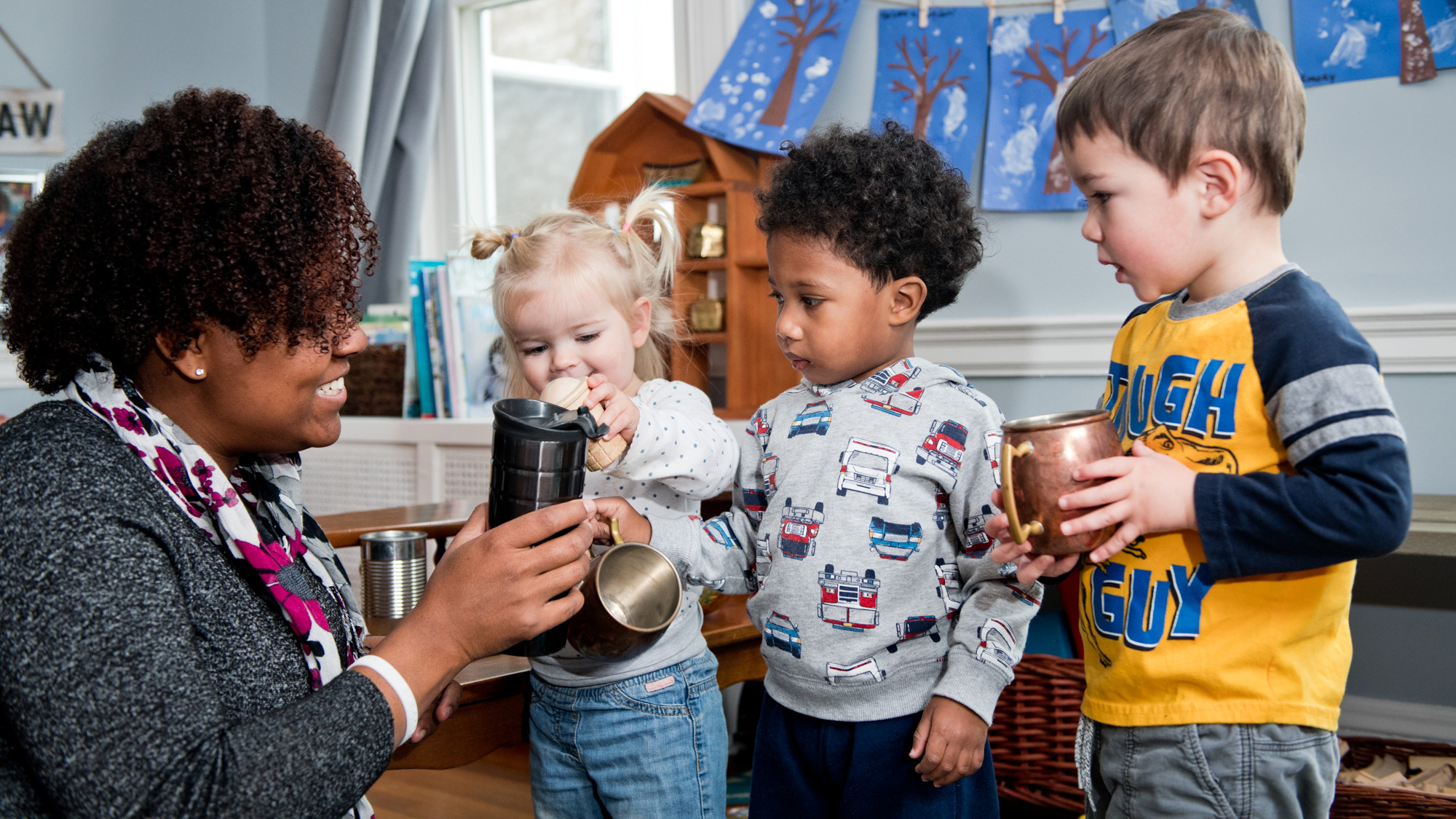All Our Kin is an innovative national nonprofit leading the effort to transform the U.S. child care system. Launched 24 years ago in New Haven, Conn., the organization has expanded its direct service operations to New York, and provides training and technical assistance in Nebraska, Iowa, Texas, California and beyond. By supporting family child care providers and educators who work with small groups of children, usually in their own homes, it engages with 130 organizations and agencies in 23 states and Washington, D.C.
Early Learning Nation magazine spoke to Marina Rodriguez (New Haven site director and mentor coach) and Jessica Sager (cofounder and chief executive officer) about the ways that the organization promotes entrepreneurship and quality early childhood education, which includes an emphasis on social-emotional learning.
Overcoming Obstacles, Creating Possibilities
“We bring family child care in from the margins,” says Rodriguez. Before All Our Kin came along, she says, there was little or no support for solo family child care practitioners, who had to navigate the licensing process for the state of Connecticut all on their own. The organization’s toolkit coordinators mentor prospective educators as they go through the licensing process and establish their businesses. In Connecticut and many other states, having a license enables providers to care for many more children legally, which means more income, in the form of fees and subsidies.
👉 Read the All Our Kin 2022 Impact Report: “Backbone, Blessing, Support”
Sager cofounded All Our Kin knowing “the incredible value of what family child care educators bring for children, for parents and for communities.” Once educators have completed licensing, All Our Kin offers a variety of workshops and educational coaching. The organization recognizes the inherent knowledge of providers. Quality, Sager says, develops in tandem with inclusive systems. Both factors drive “the responsive nurturing care that we know children need.”
Bigger, Stronger, Wiser and Kind
To teach our youngest learners, educators need to understand children’s experiences and traumas. This is the foundation for building trusting connections and interpreting children’s behaviors to understand their needs.
For example, explains Rodriguez, “Children don’t seek attention. What they seek is connection. They’re not manipulating. They’re communicating in order to have their needs met by the adult.”
All Our Kin helps educators create this connection through social-emotional learning, including the Circle of Security method. Originally developed for parents and rooted in the attachment theories of John Bowlby, the method arose in Spokane, Wash., and has spread internationally. All Our Kin was the first organization to adapt it for family child care educators.
👉 Discover the Circle of Security for Care Professionals
“The magic lies in its simplicity,” Rodriguez says of Circle of Security. “It comes down to helping adults, who are bigger and stronger, also show up as wiser and kind.” An eight-week video series introduces the science and encourages personal reflection. Rodriguez and her colleagues have trained more than 170 educators so far.

According to Sager, “Circle of Security aligns with All Our Kin’s holistic framework of supports for educators. It belongs to the bigger piece of work that we’re doing around mental health for educators, parents and children.” Historical trauma, personal trauma and Covid-era trauma affect everyone differently and are expressed in a range of misunderstood behaviors, but when viewed through the Circle of Security lens, these actions begin to make some sense.
“We’re helping children become strong citizens,” Rodriguez says.
Many Marias
Rodriguez and Sager cite the example of Maria Amado, originally from Peru and now living in Hartford. “When we met her,” Rodriguez recalls, “she was not participating in any professional development. She didn’t have a supportive community. She felt alone and isolated.”
Amado became an enthusiastic participant in the All Our Kin community. In her program, there were two siblings, a son who was meeting his developmental milestones and a daughter with some developmental delays. Maria noticed that every time the mom dropped the children off, she showered her daughter with affection and made sure she had everything she needed, but she only waved good-bye to her son. One day, Amado called her aside and said, “I know that you are a great mom. You’re trying so hard, and I know that you love both your children, but I noticed that when you’re saying goodbye, you really focus on your daughter and not your son.” After the mom stopped crying, she thanked Amado and then began a ritual with the son, saying, “I love you” every time she dropped him off.
“We might think that’s not a big deal,” Rodriguez says, “but for that child, the fact that she is taking time to notice him, it sends a direct message to him about his place in the world, his place in connection to his mother, his self-esteem.” These are all factors that will contribute toward his confidence, help build strong relationships with others and, ultimately, help him succeed in school.
Not long after that, Amado received this text from the mother: “I would like to thank you for all the learning, patience and skills you have taught my son over the beginning of the years of his life. He has grown into a very happy, active and smart boy over the last few years. I appreciate you for everything you have done to help him in the world and the way that he sees it today. Thank you for being part of his learning and his transitions.”
Amado became a Circle of Security facilitator and now trains other family child care educators in the model.
”At All Our Kin,” says Rodriguez, “we have many Marias.”

Mark Swartz
Mark Swartz writes about efforts to improve early care and education as well as developments in the U.S. care economy. He lives in Maryland.



